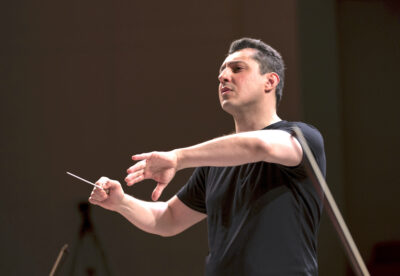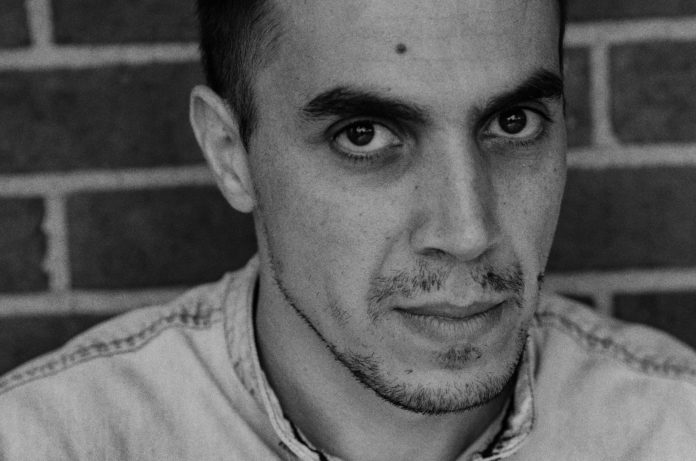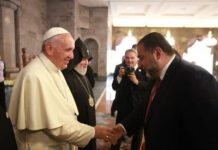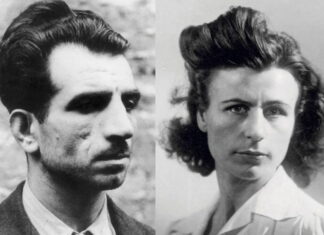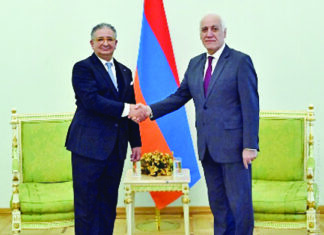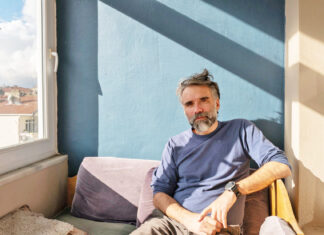By Aram Pachyan
Translated, from the Armenian, by Margarit T. Ordukhanyan
How does one come back home?
Krikor Beledian
I don’t know how to write about war. What to write, perhaps—I may be capable of doing that much, but how to write about war in today’s world is an impossible feat, especially for an ordinary writer of average talent who, under normal circumstances, deploys his pen from time to time to produce, for profit, short stories, novels and essays. And so, all word choices, all original meanings of words, all appeals, all attempts to convey something to the world from the dilapidated positions of the universally accepted truths come off as nothing but fragmented recriminations. When there are bombs exploding, everything has a tendency to lose power, especially words: you weigh them, meticulously or flippantly, you read, consider and diligently evaluate them, but you fail to discover in their foundation or surface any fundamental or even shallow meaning, even emptiness.
Words also have their limits, even if they continue to exist.
